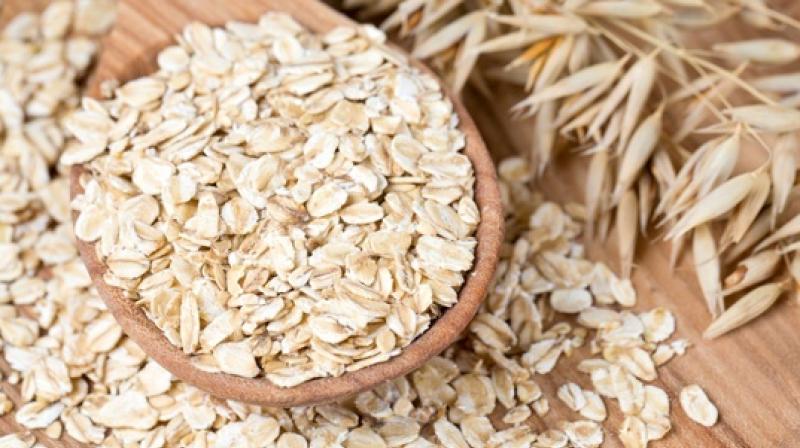Those oats may not be so healthy
Experts say claims by manufacturers hollow.

Visakhapatnam: Gulping down the so-called healthy masala oats first thing in the morning and washing it down with a malt-based health drink could be a perfect recipe to add more empty calories and fat to your daily intake. Confused? Despite their luring commercials and misleading food labels, an analysis of some of these healthy food products, from the diabetes-friendly cookies to health drinks and atta noodles, were said to have high levels of harmful trans-fat, salt and sugar.
According to the Delhi-based Centre for Science and Environment, several milk-food drinks come loaded with sugar with a serving accounting for more than 50 per cent recommended daily sugar intake. Same is the case with several packed food products, which were claimed as healthy by the respective manufacturing companies. The labels on these food packages don’t explain how much of our daily salt, sugar or fat quota we have been consuming through these foods.
These products laced with empty calories, which have very little or no nutritious value, only accumulate in the body in the form of fat, leading to obesity and other health maladies. The CSE’s study had also shed light on how the food manufacturing companies have been misleading the consumers with their false claims. R. Rekha, an AU faculty in food, nutrition and dietetics, explained that the chemical forms of the ingredients used in a particular product are even sometimes misleading. “If a particular ingredient is banned, these companies don’t shy away from using another form of the same ingredient. Mislabelling has been rampant for many products with high sugar and fat content. Some of these banned ingredients are being imported from foreign countries,” she said.
While the masala oats were said to have high sodium content, the diabetes-friendly cookies, atta noodles, the oats-based cookies and the digestive biscuits were tested positive for high fat and sugar content. The malt-based health drinks will supply humungous amounts of (hidden) sugar. Preparing nutrition claims in related to the Indian context, developing a procedure to approve these health claims, taking a public health campaign on nutrition and food labelling and misleading claims were some of the recommendations of the CSE.
